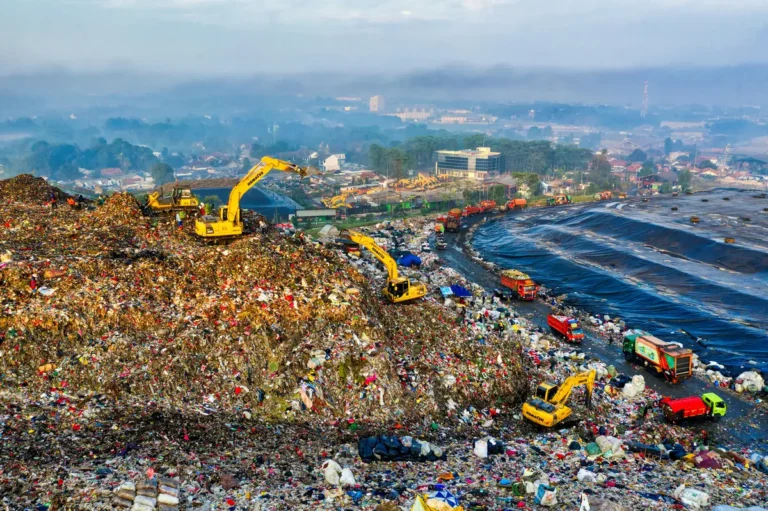Plastic has become an indispensable part of our everyday lives, evolving into an almost invisible fabric of our world.
We are increasingly feeling the long-term negative impacts, and the issue is no longer just an environmental concern but also a matter of our survival. It no longer solely threatens our environment; it has infiltrated human tissues as well. The problem seemed to be escalating—at least until recently. However, a new innovation may be the light at the end of the tunnel.
Polyolefins: One of the Biggest Barriers to a Greener Future
Polylefins refer to a group of plastics produced through polymerization. They are found in medical masks, disposable gloves, and food packaging—basically, they surround us.
Their nearly indestructible bonds pose a significant challenge, requiring extensive time and energy to break down. Consequently, only about 1-10% of the 220 million tons of polyolefins produced annually are recycled. The remaining waste ends up in nature or in landfills, releasing vast amounts of microplastics that threaten our health.
A New Discovery as an Ecological Turning Point
Researchers at Northwestern University have introduced a nickel-based catalyst that could provide a solution to this ongoing problem. This system breaks down polymers into useful hydrocarbons using hydrogen gas. Notably, it does not rely on precious metals, allowing it to operate at lower temperatures and hydrogen pressures.
The process works even with contaminated waste, and it is particularly effective with PVC, a plastic often difficult to recycle, thereby enhancing overall efficiency.
The big question remains: can this catalyst be scaled up for industrial use? Is this method sustainable in the long run? Acceptance of a new recycling model will take time and depends heavily on the plastic industry’s response.
Opportunities and Future Perspectives
- New jobs may emerge in recycling technologies.
- A circular economy where plastics are returned as valuable commodities.
- Recycling polyolefins could also lead to the production of fuel.
Other Cutting-Edge Recycling Technologies
- Biological degradation systems that assist in breaking down PET bottles.
- Nanotechnology-based recycling, which modifies particle compositions to facilitate bond separation.
- Thermal energy recovery technologies that optimize waste incineration for energy production.
The Importance of Our Attitude
While the latest efforts appear promising, economic and practical challenges still hinder implementation. Nevertheless, a previously unprecedented opportunity has opened before us, giving us reason to hope and continue supporting environmental movements.
We still have a chance—through new environmental models—to restore what we have taken from nature.
